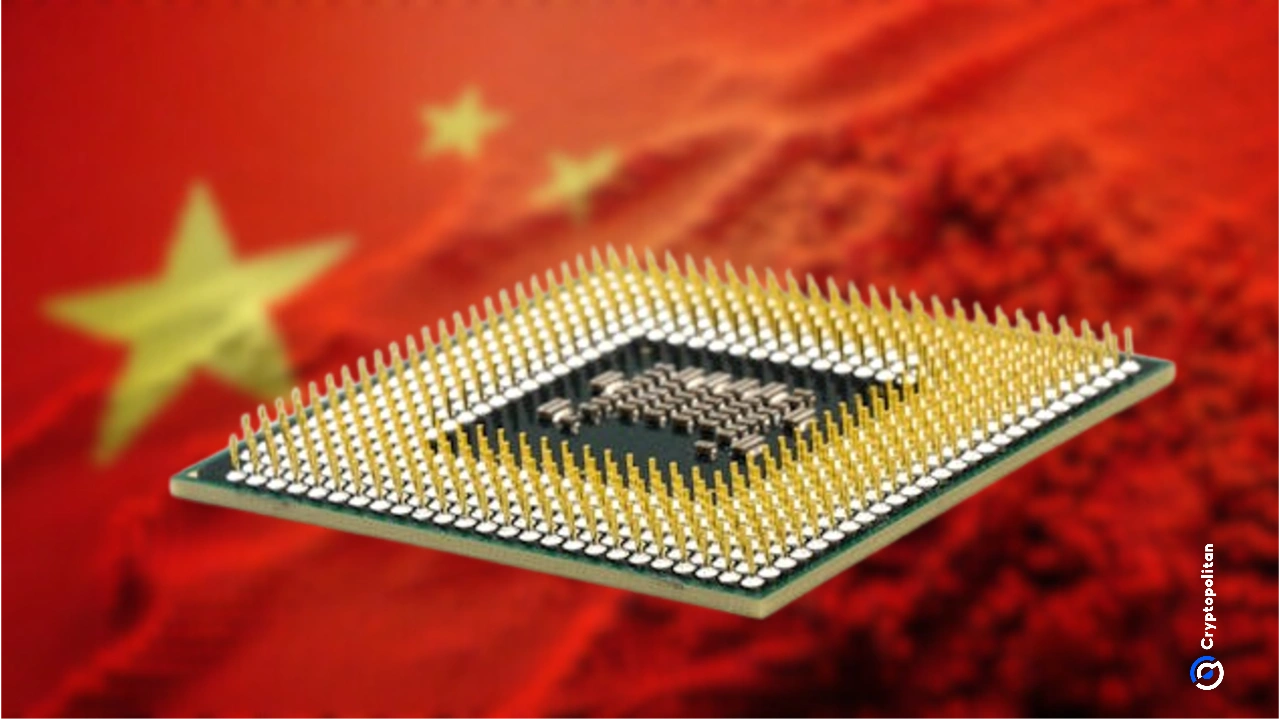SMIC believes that 2026 will have companies reducing their supply due to memory chip shortages as the tech industry’s focus has shifted from general-purpose electronics to AI-driven products, affecting many device industries across the market.
The Chinese chipmaker SMIC has warned that a shortage of memory chips may disrupt the operations of manufacturers of cars, smartphones and other consumer electronics in 2026.
The company’s co-CEO Zhao Haijun, said that some of SMIC’s customers are “reluctant” to place orders for the first quarter of 2026 because they are uncertain how many memory chips they will be able to secure.
With the surge in demand for memory used in AI accelerators, memory chip suppliers such as Samsung Electronics Co. and SK Hynix Inc. are prioritizing customers tied to AI accelerator production. As a result, memory chips used in cars, smartphones, and consumer electronics are facing supply constraints.
Warning from SMIC about 2026 production
The biggest global producers of memory chips are Micron in the United States and South Korea’s SK Hynix and Samsung. Zhao believes the current memory market is in short supply and prices have “surged significantly,” which creates more pressure for device makers.
According to him, the ongoing “super cycle” in the memory sector is pushing customers to negotiate lower prices for other types of chips in order to balance the rising cost of memory components.
Zhao said that prices for memory chips are expected to surge because the cost to run the business is increasing. Manufacturers also have to be cautious about committing too early or too heavily.
Companies in China are holding back on placing large orders for other chips and hardware components, since the memory shortfall could limit how many finished devices they can build.
SMIC’s own capacity and investment
SMIC says demand currently exceeds its own supply capabilities, and its capital expenditure will remain flat or only increase slightly compared with the $7.33 billion from last year.
SMIC’s revenue rose by 9.7% from a year earlier to $2.38 billion, supported by solid local demand, and its profit increased by 28.9% to $191.75 million. Both figures were above analysts’ expectations. The company’s monthly production capacity also grew by 3.2% from the previous quarter to 1.02 million eight-inch equivalent wafers, with utilization rising to 95.8% from 92.5%.
The company shipped 2.5 million equivalent wafers in the quarter, up by 4.6% from the previous three months. China remained its largest market, making up 86% of revenue, up slightly from the previous quarter, while the U.S. contributed 11%, down from 13%.
Consumer electronics excluding smartphones, computers, tablets, and industrial or automotive chips also grew quarter-to-quarter, driven by strong local demand. Zhao said this was because SMIC’s customers gained more market share in China.
In China, domestic production of electronics is important, and companies like Huawei Technologies Co. rely on local suppliers such as SMIC, so resolving the memory shortage is crucial to avoid disruptions within the industry.
This shows that the boom in AI is not only affecting advanced chips but also more basic memory chips. When chipmakers focus on high-end AI parts, there are fewer chips left for everyday products.
If you’re reading this, you’re already ahead. Stay there with our newsletter.
This articles is written by : Nermeen Nabil Khear Abdelmalak
All rights reserved to : USAGOLDMIES . www.usagoldmines.com
You can Enjoy surfing our website categories and read more content in many fields you may like .
Why USAGoldMines ?
USAGoldMines is a comprehensive website offering the latest in financial, crypto, and technical news. With specialized sections for each category, it provides readers with up-to-date market insights, investment trends, and technological advancements, making it a valuable resource for investors and enthusiasts in the fast-paced financial world.
